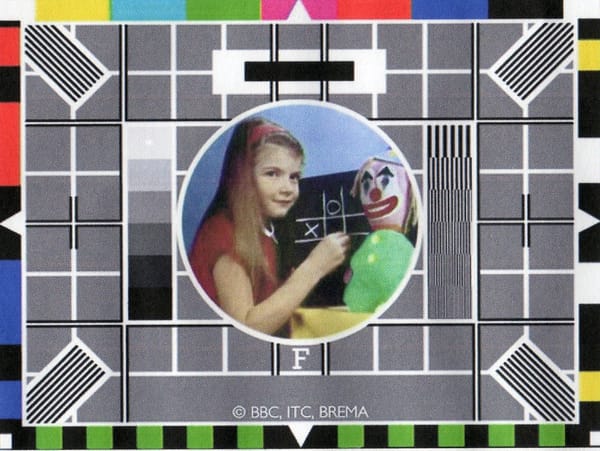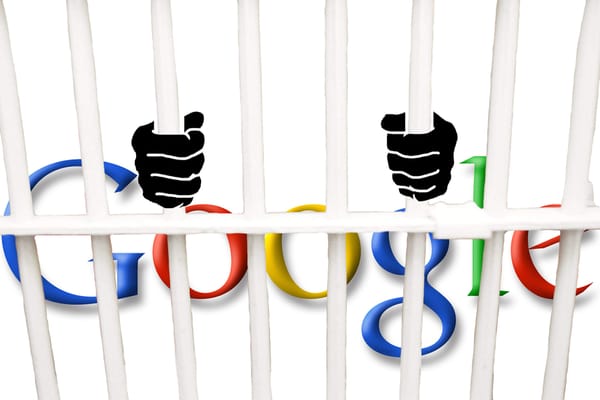E-Ink's not ready for prime time
If SciFi authors are to be believed, books are eventually going to be phased out in favour of eBooks, but are eReaders ready for prime time?

One thing that has been a staple feature of science fiction stories since the late 50s is the death of printed books. If SF authors are to be believed, books are eventually going to be phased out in favour of eBooks, and in the 21st century, major publishers and content distributors seem to agree. Both Barnes and Noble and Amazon have been aggressively selling their eBook readers, and even Apple's iPad was announced alongside a New York Times Reader app to make the online version of the paper resemble the real thing much more closely. Yet apart from relatively strong sales of Amazon's Kindle, the response to the concept of eBooks has been lukewarm at best. On one hand authors are deterred by the thought of piracy eating away at profit margins, while on the other, readers don't seem to be attracted to the prospect of buying an expensive device that has only one real function.
The price of your average eBook reader in it's current incarnation is one reason why I don't consider them to be any more than a shiny toy for early adopters. With the 6-inch Kindle priced at a hefty £170, it's not the sort of thing you would pick up on a whim, especially on a student budget. Even at £170 pounds you get little other than a reader. Most books are priced at upwards of £5, which means that a 20-book collection on a reader would cost as much as £270. A price which would probably buy you upwards of 75 used books in good condition, much more reading than I do in an average year. Some reader manufacturers have suggested that the devices could also replace printed textbooks, with the ability to annotate text making for interactive textbooks that hold all your notes. Yet e-textbooks can cost as much as £50 each; more than already overpriced paper textbooks. With the ability to only open one book at once, you can't exactly spread your books out over a table either.
The problem with true eBook readers is that they are a few years ahead of their time. Although the cost of buying and using the Kindle or some similar device is high, the fundamental problem doesn't lie with pricing, but with screen technology. The Kindle and it's brethren use a particular type of display, E-Ink, that's not in use on many other devices. The display technology is designed to mimic the look of actual print with high contrast and density, reduced eye strain created by the need for backlights and allow for longer reading sessions. The catch? The refresh rate and lack of colour of current generation E-Ink severely limits the graphical capabilities of these devices, making them useless for much more than reading and light web browsing. Amazon's claim of '16 shades of grey' sounds like something out of a television advertisement from the 1940s. Therefore, current eBook readers will never be able to play a YouTube video or render game graphics, making them oddities at a time when most devices are capable of handling a variety of media simultaneously.
Apple seem to think they have solved this problem with the iPad. The LCD screen can serve up any media you require, while the screen is just the right size for reading. Seeing potential to own the market, Apple has made a serious push into the eBook space, launching an iBookstore similar to iTunes, with works from most major publishing houses featuring on its shelves. Yet whether this gamble will pay off is quite questionable. I've tried reading eBooks on laptops for many years now and I can't stand reading more than a few pages of text at a time. I wouldn't mind glancing through a newspaper, but reading the entire Lord of the Rings trilogy on an LCD screen would probably blow my eyes out, if my Computing degree doesn't get there first.
Will eBook readers eventually catch on? Almost certainly, as they should. The concept of a centralised bookstore that can distribute books over the Internet 24/7 without running out of stock is great. eBooks will last for longer and, as Project Gutenberg has proved, could well turn out to be a great way of preserving books for future generations. Yet before they can achieve ubiquity, the technologies they are based on has to improve drastically. E-Ink needs to become more versatile or replaced with another technology, and varying book formats shouldn't mean that you are locked to a manufacturer for life, just because you started collecting books on one of their devices. Realistically, it will take at least a few more years before you see them on the bus home. If you hold off buying them now you'll probably get a much more mature and versatile device burdened with a much smaller price tag.









